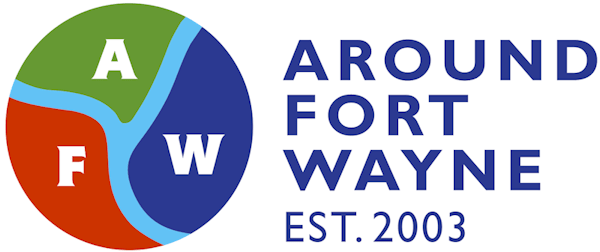![]()
An e-mail from Indiana Senator Dennis Kruse:
Kruse Puts Students First, Files Education Reform Bill
Auburn lawmaker says local school districts should identify, reward best teachers
(January 14, 2011) – State Sen. Dennis Kruse (R-Auburn) announced today the introduction of Senate Bill 1 – a legislative proposal establishing yearly evaluations to help school districts identify and reward their best teachers.
“Teacher quality is the number one school-based factor in student achievement,” said Kruse, chair of the Senate Committee on Education and Career Development. “I filed this legislation to allow local school districts to give job-performance raises to effective teachers based on rigorous, annual evaluations. I believe holding our teachers accountable in the classroom and rewarding those who are helping students grow academically are ways we can ensure student success is put first.”
“There is no larger or more important role for state government than providing high-quality educations for our young people,” said Senate President Pro Tem David Long (R-Fort Wayne). “That is why our education improvement bill is this year assigned the designation of Senate Bill 1. Many senators see this as our most important, long-term economic development measure for the 2011 session.”
Kruse said his legislation includes three key areas including teacher evaluations; a rating system for those evaluations; and changes in licensing, contracts and hiring.
Gauging Teacher Effectiveness, Student Learning
Under Kruse’s bill, local school corporations would develop a plan for performance evaluations which would include three key elements:
- Annual evaluations of teachers;
- Objectives for annual student achievement and growth; and
- Explanations for teacher evaluation results and a defined time period for teacher improvement.
Evaluators would be approved by the principal, have a record of effective teaching and be trained in evaluation skills, Kruse said. Experienced teachers or outside personnel could perform the evaluations.Individual results of the annual evaluations would be discussed with each employee within seven days of the review. Kruse said it is important evaluators quickly and thoroughly review the results with staff members to recognize strengths, identify weaknesses and maximize impact.
Each year, school corporations would provide staff evaluation results – excluding names or personally identifiable information – to the department for publication online.
Kruse said an Indiana Department of Education survey recently found that 99 percent of teachers are currently rated effective, but only one in three Hoosier children can pass the national math or reading exam. “Indiana needs to evaluate its teachers honestly and rigorously, if we intend to give Hoosier children the best possible education,” Kruse said.
Identifying, Rewarding Best Teachers
If passed, Kruse’s bill would task the state board with developing criteria to define a four-category rating system which would include “highly effective, effective, improvement necessary and ineffective.”
“Educators who receive either of the two lowest ratings on their yearly review would participate in a remediation plan following their evaluations,” Kruse said. “It’s critical we use the resources available to help struggling teachers improve and ensure Hoosier children are receiving the best possible education.”
Kruse said salary increases for “highly effective” and “effective” teachers would be based primarily on student improvement and academic performance – not years of experience or additional degrees earned. This system would be effective in the 2012-2013 school year.
Part of the money previously allocated toward additional degrees or credit hours would be used to reward classroom performance, school leadership assignments or incentives to teach high-priority subject areas or grade levels.
No automatic pay raises would be given to teachers who receive “ineffective” or “improvement necessary” ratings.
Empowering Principals, Local Superintendents
Kruse said the state board would also determine how staff evaluations will impact the issuance, renewal or reinstatement of a teacher licenses.
Teachers who are consistently rated as “ineffective” and demonstrate poor performance would face contract cancellation.
Senate Bill 1 also specifically assigns district-level hiring to superintendents and school-level hiring to principals. School boards would execute employment contracts designated by the superintendent or principal. Kruse said school leaders should be given the flexibility needed to improve outcomes for students.
Kruse’s legislation gives charter schools the flexibility to hire certified or non-certified teachers and staff based on the circumstances and needs of the school.
“I will continue to work with stakeholders on these and other education reform issues throughout session, as we work toward perhaps the biggest reform year since Gov. Robert D. Orr’s A+ Program in 1987,” Kruse said.


